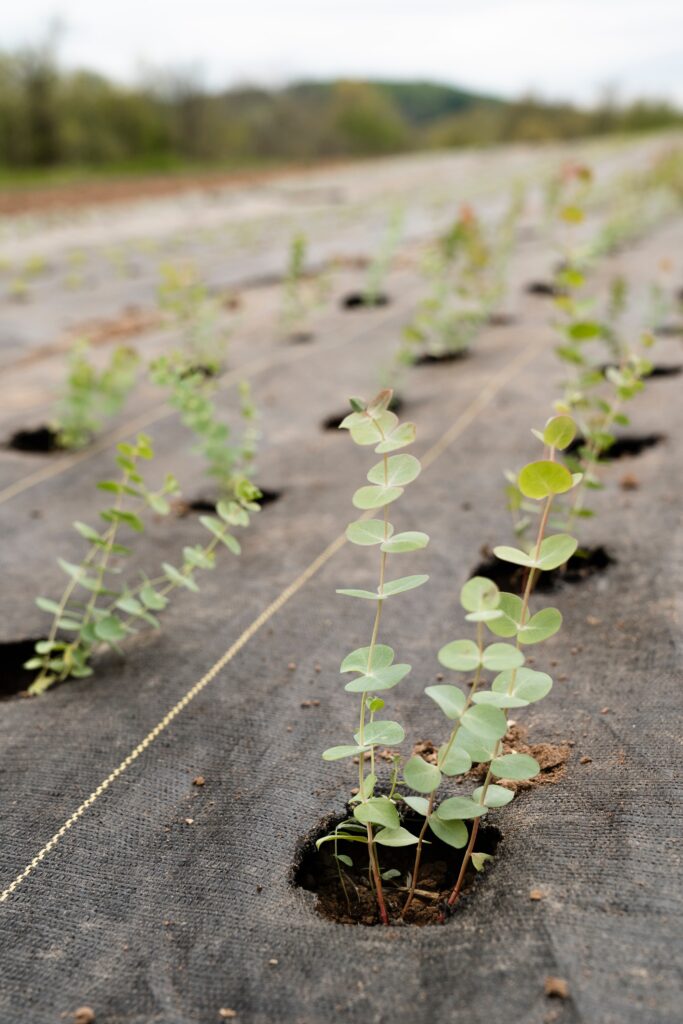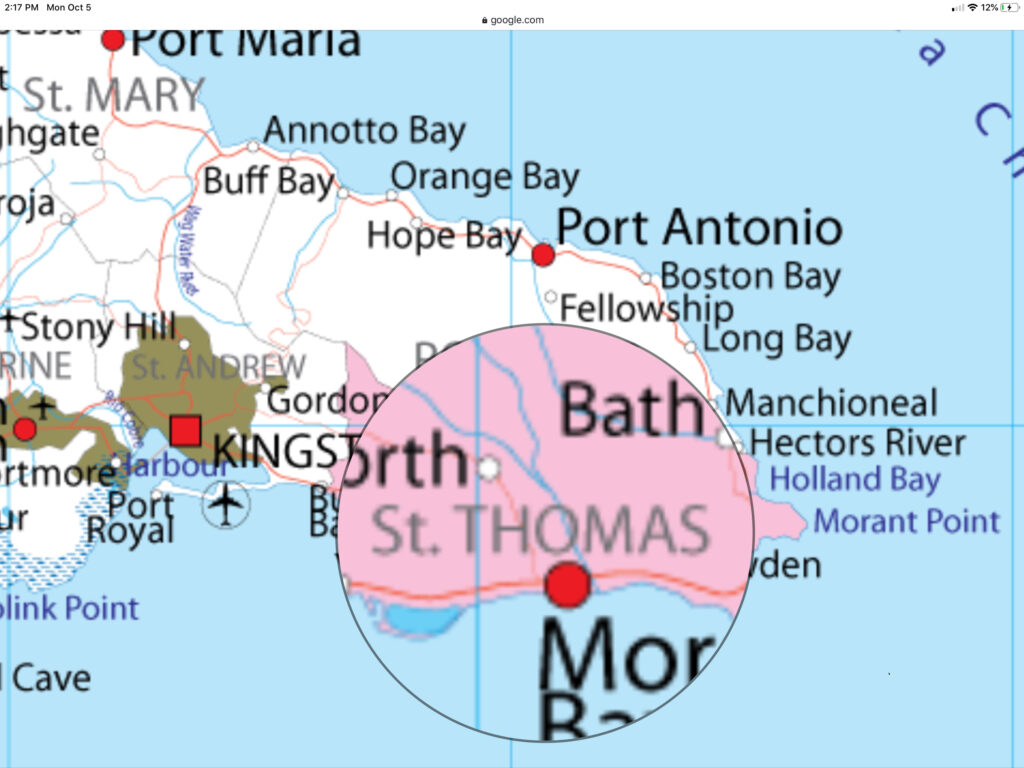
Organic Food, Safe and Healthy
Jamaica is going green. This however, has nothing to do with the September 3 landslide secured by the Jamaica Labour Party (JLP) which is identified by the colour green.
There is a buzz around organic farming which has resulted in a virtual green revolution, particularly in the parish of St. Thomas, where farmers have bought into the idea of finding a more sustainable approach to food production.
Traditional farming methods where the ultimate goal was higher yields, have had a negative impact on the environment – creating climate change, loss of biodiversity, soil erosion and pollution of important natural resources.
No one understands the need for organic food more than Nicola Shirley-Philips, Director of the St. Thomas-based Source Farm Ecovillage Community Institute, which teaches natural and sustainable farm management practice on a 63-acre farm.
The Institute, originally an eco-village, was developed around organic farming in response to Phillips’ need for natural-based foods for varying health reasons.
“The body recognises the make-up of the foods we eat. When it is natural, it understands the elements and provide the nutrients from the food we eat to maintain our bodies. However, when we consume synthetic foods, the body does not recognise and know how to utilize it. It then stores all these foods, and we end up with all sorts of illnesses,” Phillips reasoned.
Blondel Shirley-Atwater, founder of The Source Farm Foundation and Ecovillage (The Source), left Jamaica in the 1980’s in search of greater opportunities including education for her three children. After many years of work, learning, and a myriad of life experiences, Blondel returned home. Thereafter, she created The Source in pursuit of her dream to heal, teach, live, learn, and love.
Since 2005, The Source has evolved into a dynamic, innovative, model community demonstrating; sustainable living, organic and natural farming, community development initiatives, and a variety of approaches to improve personal and interpersonal relationships.
As Phillips sees it, this holistic- farm management approach aims to create a socially, environmentally, and economically sustainable food production system. She explained further that organic farming is based on managing the agro-ecosystem rather than relying on inputs, such as pesticides, artificial fertilizers, additives, and genetically modified organism.

“Organic farmers are true life-savers who work hard to grow healthy and nutritious crops. An additional responsibility for them is to maintain or enhance the most important of natural resources while protecting the environment for future generations,” Phillips said.
Popular organic farm management practices observed at the St. Thomas farm include crop rotation to maintain soil fertility and offer protection from pests; organic nutrient management, based on improvement of soil organic matter through manuring, composting, or mulching; growing cover crops, a beneficial practice for controlling insects, pests and weeds; preventing soil erosion, as well as improving the nutrient content in the soil and preventive crop protection measures, such as choosing resistant varieties, adaptation of planting or sowing and harvesting time.
“For example, instead of every time there is a drought, there is no water. We are teaching farmers how to manage water,” Phillips said.
“There are many public and scientific discussions about the advantages and disadvantages of organic farming. Most of them are related to the productivity and profitability of organic crop production. When considering the yields, organic farming is still lagging behind the conventional. However, there have been some cases in which organic farming achieved higher yields than conventional,” Phillips said.
Another important aspect to consider is that organic farming is labour-intensive. “Being an organic farmer is not an easy job. However, it brings some special values and opens new possibilities in achieving sustainable crop production,” Phillips said.
The farm has adopted a permaculture design model following current organic standards in production of traditional vegetables, fruit from the orchard, medicinal plants, mushrooms, herbs, flowers, and a thriving bee population.
It is designed to allow workers easy access to terraces where they cultivate their crops and guests are able to meander and marvel at nature’s diversity.
Impressive